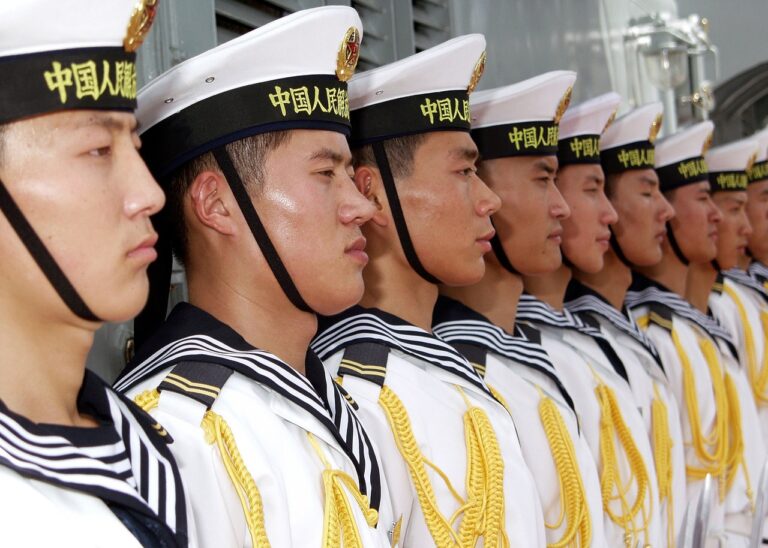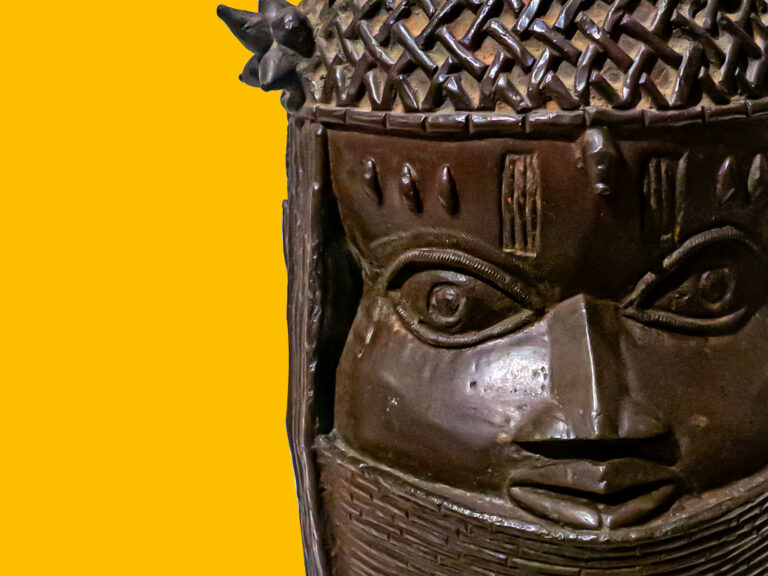In a development revealed by a Human Rights Watch report on Wednesday, the Chinese government is extending its campaign of closing mosques beyond Xinjiang, a region historically accused of persecuting Muslim minorities.
The report, relying on public ...
| Thanks for reading the Postcolonial.
You have gone through 3 articles.
|
| A Fruit Membership will give you access to:
✔ Comment sections |
Already a member? Login below.















